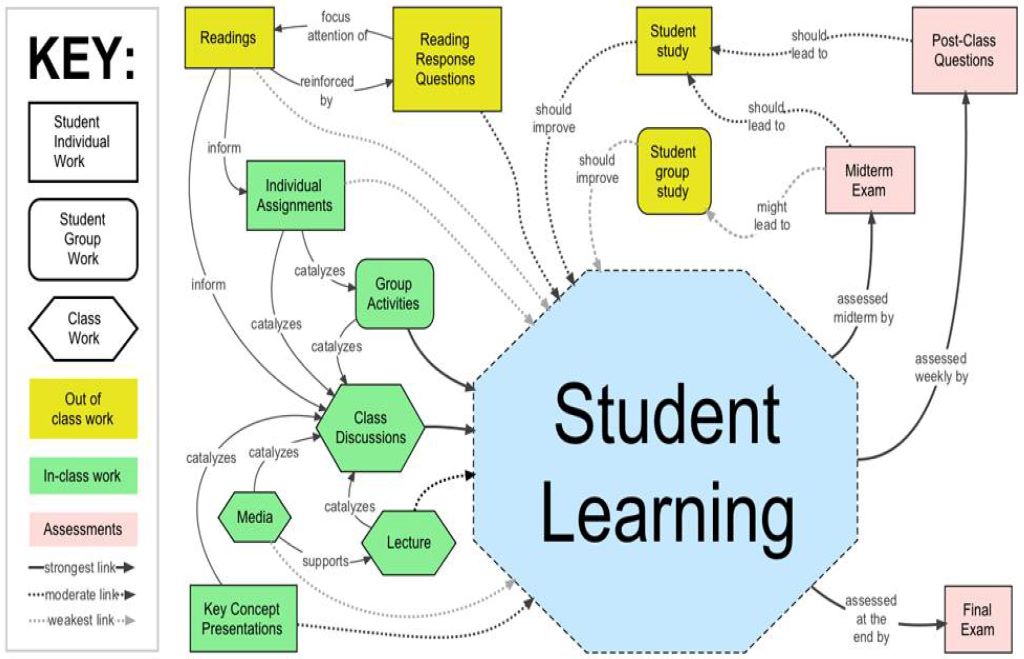The Great Learning Debate
What if everything you learned in school wasn’t the full picture of education? While schooling and education are often used interchangeably, they represent fundamentally different concepts. Schooling is structured, formal, and confined to classrooms, while education is a lifelong journey that extends far beyond textbooks.
In this article, we’ll break down the key differences between schooling and education, explore their unique roles in personal and professional development, and help you understand why both matter. Whether you’re a student, parent, or lifelong learner, this guide will clarify how to maximize both for success.
What Is Schooling? (The Structured System)
Schooling refers to the formal process of learning within an institutional setting, such as schools, colleges, and universities. It follows a standardized curriculum, structured schedules, and a system of assessments (exams, grades, and certifications).
Key Characteristics of Schooling:
- Formal & Structured: Operates within set hours, terms, and academic calendars.
- Certification-Driven: Success is measured by degrees, diplomas, and test scores.
- Teacher-Led: Learning is guided by instructors following a set syllabus.
- Limited Flexibility: Subjects and teaching methods are predetermined.
While schooling provides foundational knowledge and credentials, it doesn’t always teach critical life skills like problem-solving, emotional intelligence, or financial literacy.
What Is Education? (The Lifelong Journey)
Education is broader and more holistic. It encompasses all forms of learning—formal, informal, and experiential—that contribute to personal and intellectual growth. Unlike schooling, education doesn’t end with graduation; it continues through self-study, experiences, and real-world challenges.
Key Characteristics of Education:
- Continuous & Self-Driven: Learning happens everywhere—books, travel, work, and personal experiences.
- Skill-Oriented: Focuses on practical abilities (communication, critical thinking, adaptability).
- Personalized: Individuals choose what, when, and how they learn.
- Beyond Certificates: Success is measured by wisdom, adaptability, and real-world application.
Famous innovators like Steve Jobs, Mark Zuckerberg, and Elon Musk achieved success through self-education, proving that formal schooling isn’t the only path to knowledge.
Key Differences Between Schooling and Education
| Aspect | Schooling | Education |
| Structure | Rigid, time-bound | Flexible, lifelong |
| Focus | Academic knowledge, exams | Practical skills, wisdom |
| Environment | Classrooms, institutions | Anywhere (home, work, travel) |
| Outcome | Degrees, certificates | Personal growth, problem-solving |
| Control | Governed by institutions | Self-directed |

- Purpose & Goals
- Schooling aims to provide standardized knowledge for employability.
- Education seeks to cultivate curiosity, creativity, and adaptability.
- Learning Methods
- Schooling relies on lectures, textbooks, and exams.
- Education includes mentorship, hands-on experience, and self-study.
- Measurement of Success
- Schooling uses grades and diplomas.
- Education values real-world competence and innovation.
Why the Distinction Matters
Understanding the difference helps individuals:
- Avoid Over-Reliance on Schooling: Degrees alone don’t guarantee success.
- Become Lifelong Learners: Continuously upskill beyond formal education.
- Develop Critical Thinking: Question norms and seek deeper understanding.
Real-World Examples:
- Entrepreneurship: Many successful entrepreneurs (Richard Branson, Oprah Winfrey) thrived without formal degrees.
- Creative Fields: Artists, writers, and musicians often learn through practice, not just schooling.
How to Balance Schooling and Education for Success
-
Supplement Schooling with Self-Education
- Read books, take online courses (Coursera, Udemy), and attend workshops.
- Develop skills like coding, public speaking, or financial management.
-
Learn from Experience
- Travel, volunteer, or take on internships to gain real-world insights.
- Reflect on failures and successes to grow personally and professionally.
-
Develop Critical Thinking
- Question what you learn in school—seek deeper understanding.
- Engage in debates, problem-solving, and creative projects.
-
Network & Seek Mentorship
- Connect with industry leaders and learn from their experiences.
- Join communities (LinkedIn groups, mastermind groups) for continuous growth.
Common Myths About Schooling and Education
Myth 1: “Schooling = Education”
Reality: Schooling is just one part of education—true learning happens beyond classrooms.
Myth 2: “Degrees Guarantee Success”
Reality: Skills, adaptability, and networking often matter more than diplomas.
Myth 3: “Self-Education Isn’t Valuable”
Reality: Many top professionals are self-taught in their fields.
Conclusion: Embrace Learning in All Forms
While schooling provides structure and credentials, education is the key to lifelong growth. The most successful individuals combine both—leveraging formal education for foundational knowledge while continuously expanding their skills through self-learning.
Call to Action (CTA):
Are you ready to take control of your education? Start today by exploring a new skill, reading a book, or joining a learning community. Share your thoughts in the comments—how do you balance schooling and self-education?
Related Topics:
Making the Most of a Larger Garden



